What do you think?
Rate this book


200 pages, Paperback
First published January 1, 1967
“The road was narrow, white, old, hard and scarred with shadow. It ran away westwards in the mist of the early morning, running cunningly through the little hills and going to some trouble to visit tiny towns which were not, strictly speaking, on its way. It was possibly one of the oldest roads in the world. I found it hard to think of a time when there was no road there because the trees and the tall hills and the fine views of bogland had been arranged by wise hands for the pleasing picture they made when looked at from the road. Without a road to have them looked at from they would have a somewhat aimless if not a futile aspect.”
“Omnium is the essential inherent interior essence which is hidden inside the root of the kernel of everything and it is always the same... It never changes. But it shows itself in a million ways and it always comes in waves... Some people call it God and there are other names for something that is identically resembling it and that thing is omnium also into the same bargain.”Omnium exists in its natural form “lacking an essential property of all known objects,” namely dimension. But it can be used to stimulate any of the human senses. In short, Omnium is the equivalent of Bishop Berkeley's immaterial Idea.
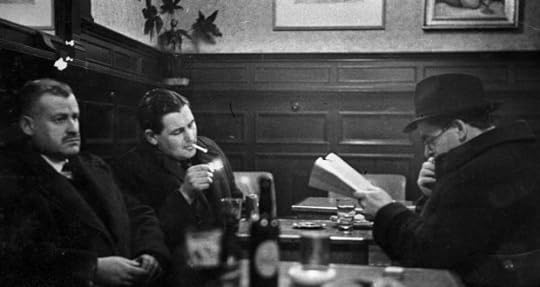
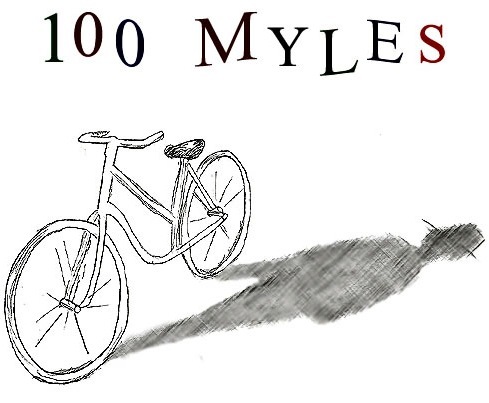
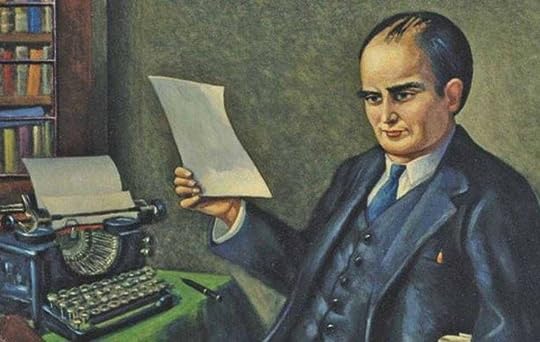
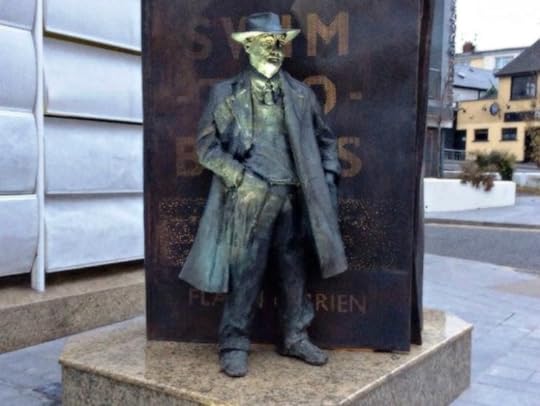
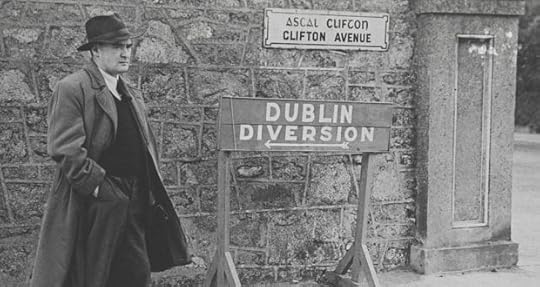

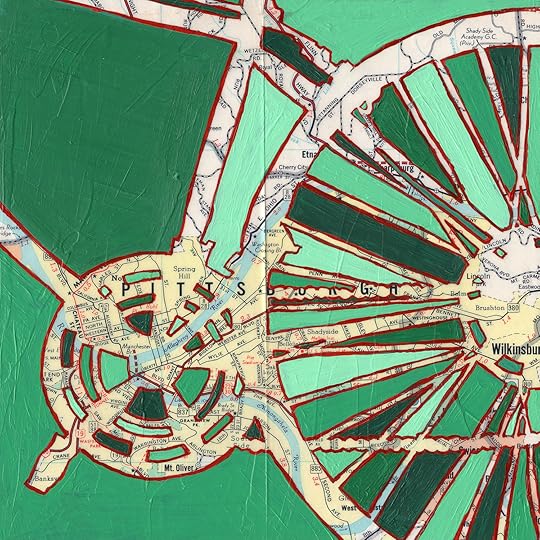
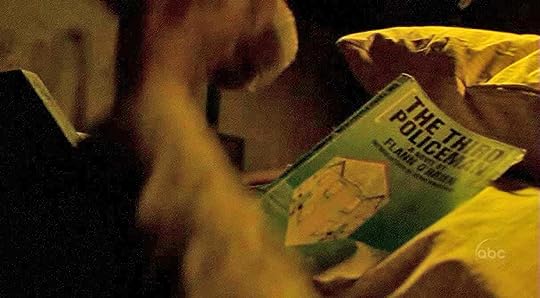
Insanity is doing the same thing over and over again but expecting different results.The phrase practically screams common sense, does it not? And yet endurance, perseverance, and stubborn tenacity are all valued qualities in the face of a seemingly unobtainable goal. Personally, what immediately comes to mind are the trials and tribulations of scientists in countless laboratories scattered across the globe. Proclaiming a hypothesis (ex: I hypothesize that chemical A will interact with chemical B like so), designing an experiment to match it, and then conducting it over and over and over again, enough to gain enough data points to exclude both systematic and random error, avoidable and unavoidable biasing of the results. Three is the magic number required to measure just how wrong the data could possibly be, but more is always encouraged, just in case a monstrous outlier rears its head due to some unforeseen amount of chaos.
-Rita Mae Brown